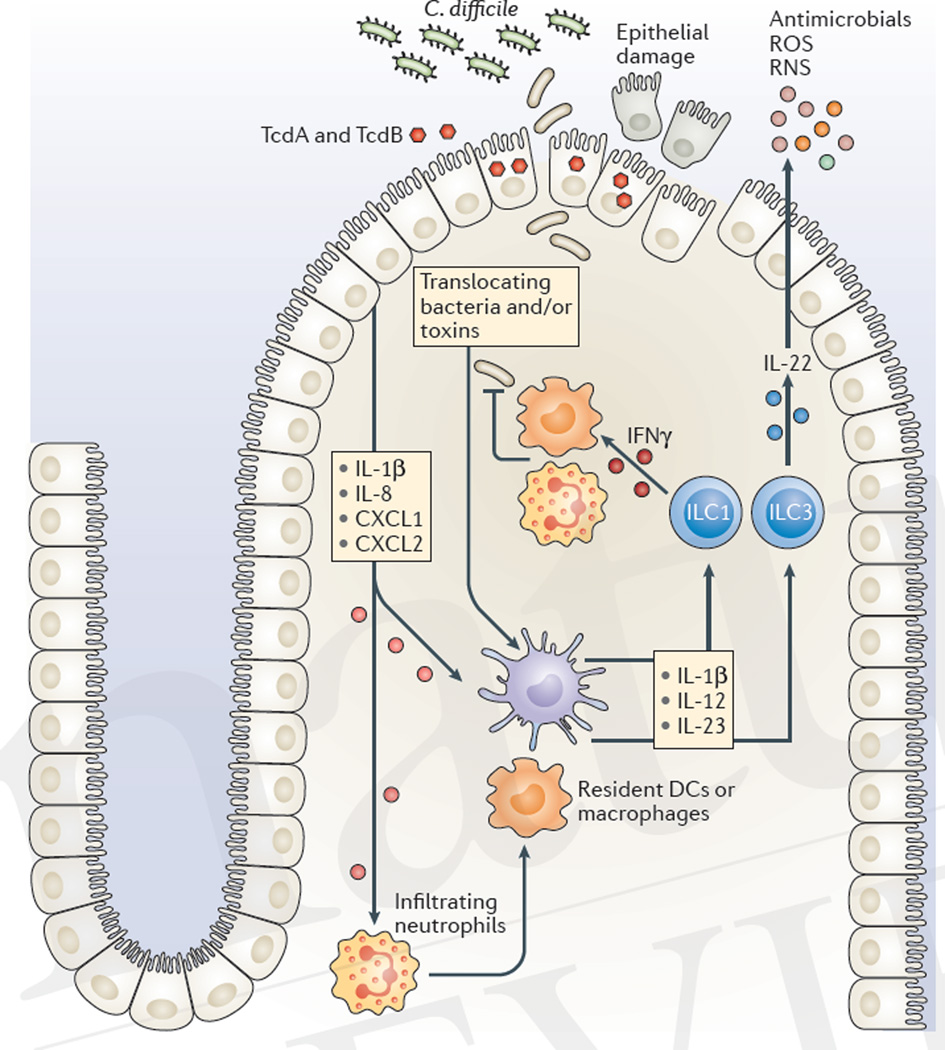Figure 4. Innate immune-mediated defences against C. difficile.
The acute host response to Clostridium difficile is initiated by toxin-mediated damage, loss of epithelial integrity and the detection of translocating bacteria. Intestinal epithelial cells and resident innate immune cells secrete pro-inflammatory chemokines (such as chemokine C-X-C motif ligand 1 (CXCL1), CXCL2, and interleukin-8 (IL-8)) and pro-inflammatory cytokines (such as IL-1β, IL-12 and IL-23), which leads to the recruitment of neutrophils and the activation of innate lymphoid cells (ILCs). IL-12 signalling drives the expression of interferon-γ (IFNγ), whereas IL-1β and IL-23 signalling induces the production of IL-22. The effector cytokines IFNγ and IL-22 induce defence mechanisms such as increased phagocytic activity of macrophages and neutrophils and the production of antimicrobial peptides and enzymes that synthesize reactive oxygen species (ROS) and reactive nitrogen species (RNS). These defence mechanisms limit bacterial dissemination, attenuate toxin activity and repair epithelial damage. DCs, dendritic cells.

